As developers seek to enhance productivity and code quality, choosing the best llm for coding becomes crucial for success in 2025. These AI-powered tools now go far beyond simple code completion, offering advanced debugging capabilities, architectural insights, and real-time collaboration that can significantly accelerate development workflows.
Modern coding LLMs demonstrate remarkable proficiency across multiple programming languages, frameworks, and development scenarios. They can understand complex codebases, suggest optimizations, generate comprehensive documentation, and even identify security vulnerabilities. The competition among leading models has intensified, with each offering unique strengths that cater to different development needs and team preferences.
1. Claude 3.7 Sonnet: The Real-World Coding Champion
Anthropic's Claude 3.7 Sonnet has established itself as the premier choice for professional software engineering tasks. This best coding llm excels in scenarios that mirror actual development workflows, making it particularly valuable for enterprise teams and complex projects.
The model's standout feature is its exceptional performance on SWE-Bench, achieving approximately 70% accuracy on real-world software engineering challenges. Its extended thinking mode allows developers to witness the reasoning process, providing transparency that builds confidence in AI-generated solutions.
Key capabilities that set Claude 3.7 Sonnet apart
- Advanced reasoning capabilities with visible step-by-step problem-solving processes
- Massive output capacity supporting up to 128K tokens for complex code generation
- Superior architectural planning for large-scale refactoring and system design
- Exceptional debugging skills that identify root causes rather than surface-level fixes
- Strong multimodal understanding for interpreting code alongside visual elements
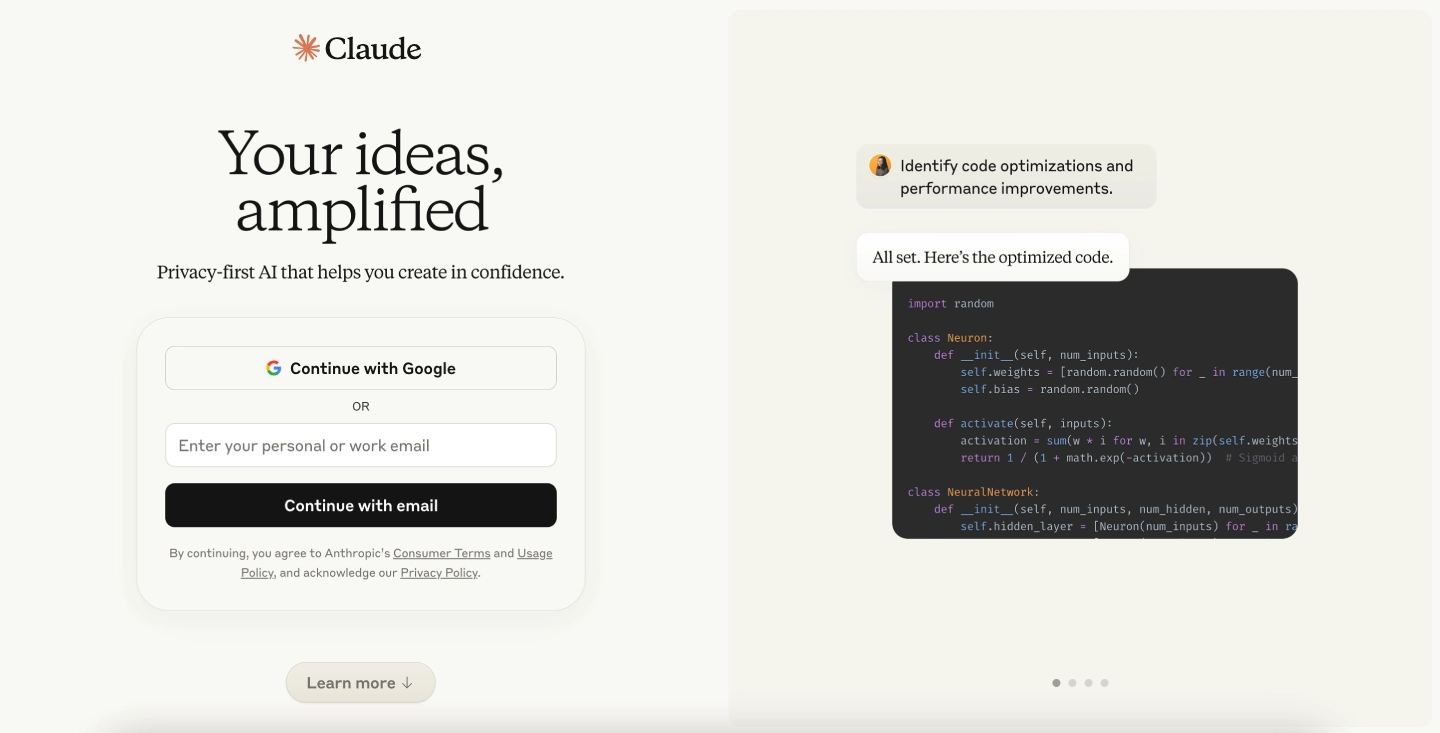
2. OpenAI's GPT-4o and o3 Series: The Versatile Powerhouses
OpenAI continues to lead the pack with their latest GPT-4o and o3 series models, representing the gold standard against which other coding LLMs are measured. These models demonstrate remarkable versatility across diverse programming challenges and maintain consistent performance across multiple benchmarks.
The o3 series particularly shines in mathematically intensive coding tasks and algorithmic optimization. For developers working on STEM applications or complex computational problems, these models provide unmatched reasoning capabilities, though at a premium cost point.
Notable strengths of OpenAI's latest models
- Comprehensive framework adaptation across various programming languages and libraries
- Superior test coverage generation with automatic edge case identification
- Advanced security analysis capabilities for vulnerability detection
- Excellent documentation generation that follows industry best practices
- Robust multimodal processing for understanding code in visual contexts
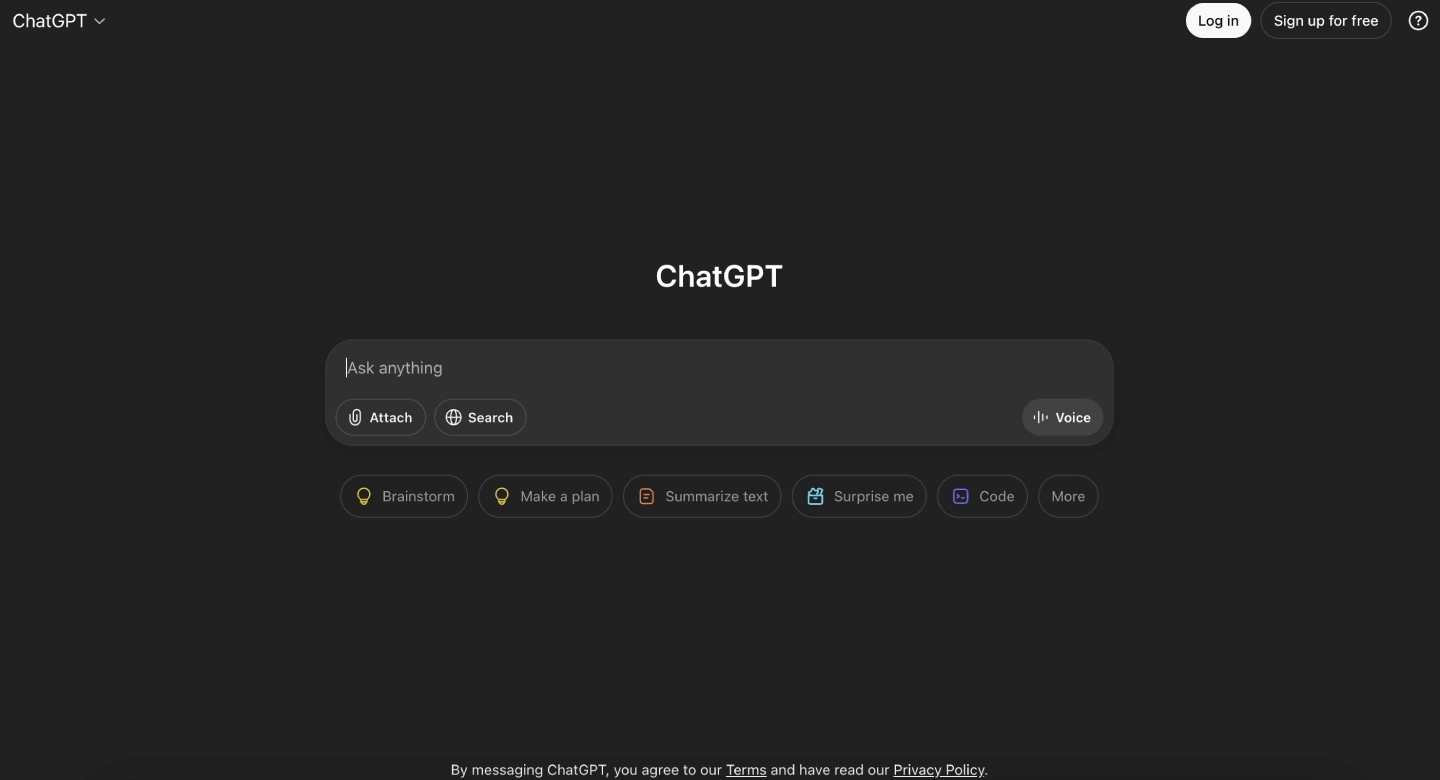
3. Google Gemini 2.5 Pro: The Context King
Google's Gemini 2.5 Pro has made significant strides in 2025, particularly with its Deep Think reasoning mode and massive context handling capabilities. The model's ability to process over one million tokens makes it exceptional for working with large codebases and complex projects.
The Deep Think feature considers multiple hypotheses before providing responses, leading to more thoughtful and accurate code solutions. This best llm model has gained recognition for its balanced full-stack development capabilities and superior database query optimization.
Gemini 2.5 Pro's defining characteristics
- Massive context window exceeding one million tokens for comprehensive codebase analysis
- Deep Think reasoning that evaluates multiple solution approaches
- Exceptional database expertise for complex SQL query generation and optimization
- Strong cross-language translation capabilities between programming languages
- Balanced full-stack proficiency covering both frontend and backend development
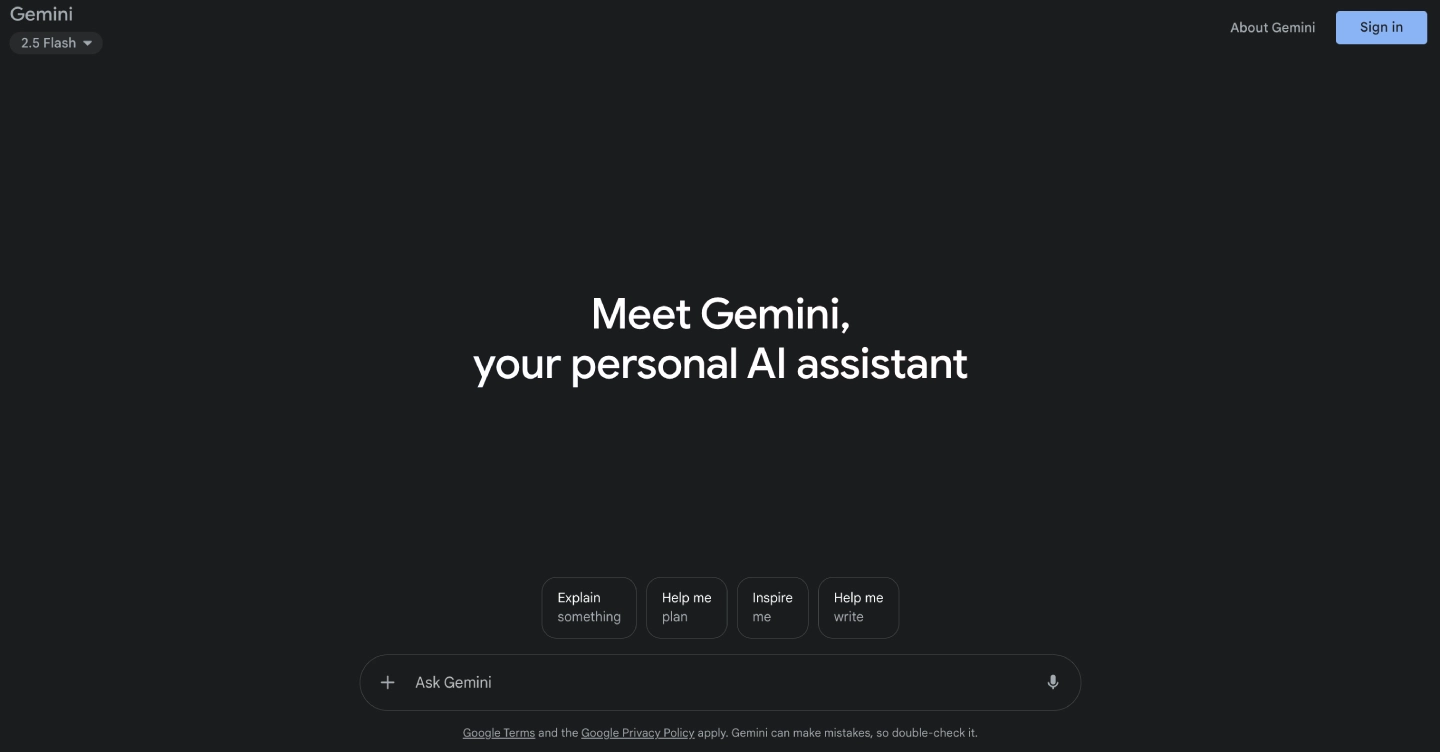
4. DeepSeek R1: The Cost-Effective Innovator
DeepSeek R1 emerged as a game-changer in 2025, delivering competitive performance at a fraction of the cost of premium models. This open-source alternative has impressed the developer community with its mixture-of-experts architecture and exceptional mathematical reasoning capabilities.
With 671 billion parameters but only 37 billion activated per token, DeepSeek R1 achieves remarkable efficiency. The model's transparent reasoning process and MIT licensing make it an attractive option for organizations prioritizing cost control and open-source flexibility.
DeepSeek R1's compelling advantages
- Exceptional cost efficiency at 15-50% of premium model pricing
- Outstanding mathematical prowess with 97.3% accuracy on MATH-500 benchmark
- Open-source flexibility with MIT license for commercial use and modifications
- Transparent reasoning process allowing developers to understand AI decision-making
- Strong algorithmic performance ranking in the 96.3% percentile on Codeforces
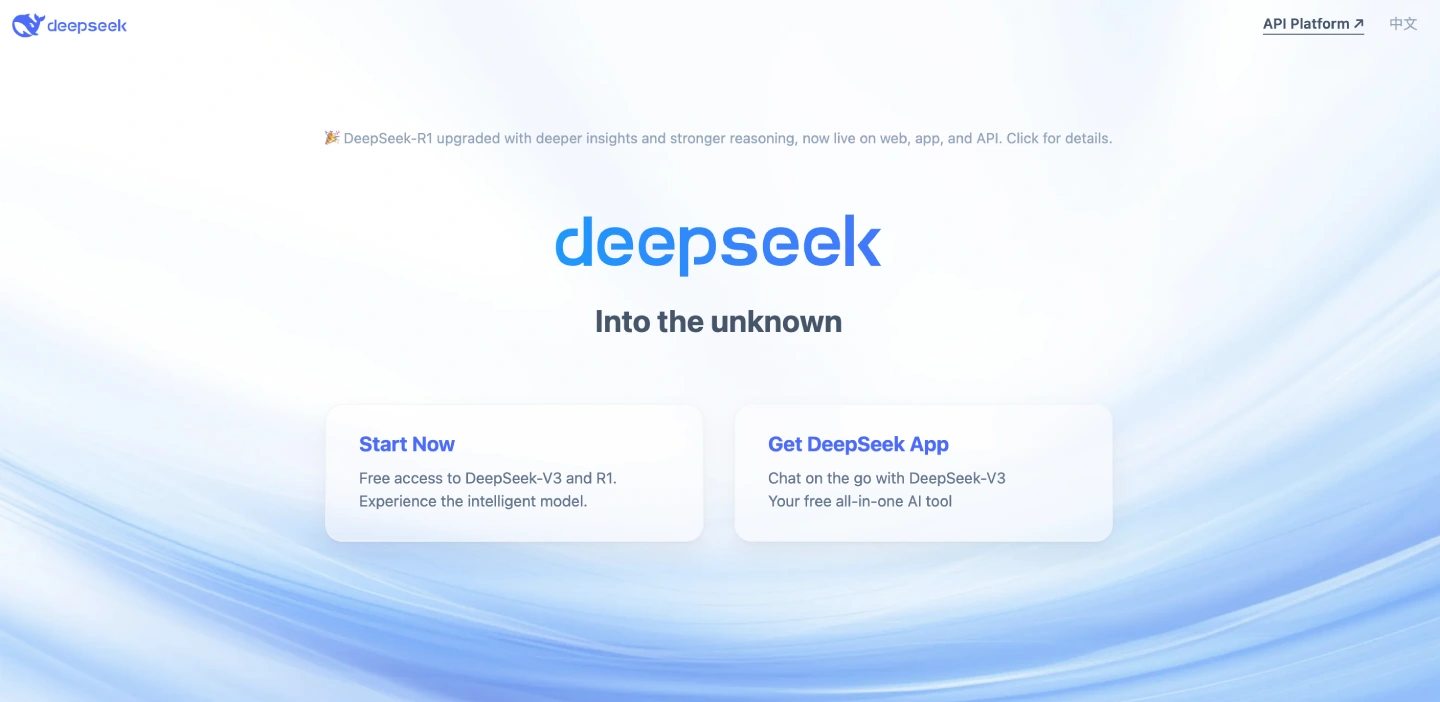
5. Meta Llama 4: The Open-Source Giant
Meta's Llama 4 series represents the pinnacle of open-source LLM development, offering unprecedented context handling with claims of up to 10 million tokens. This massive context window enables developers to work with entire large-scale projects simultaneously, revolutionizing how AI assists with complex software development.
The Llama 4 Maverick variant demonstrates particular strength in creative coding tasks and maintaining consistency across extensive codebases. For teams requiring complete control over their AI infrastructure, Llama 4 provides a compelling alternative to commercial solutions.
Meta Llama 4's standout features
- Unprecedented context capacity with theoretical 10 million token handling
- Complete self-hosting control eliminating vendor dependency concerns
- Strong community support with active open-source development ecosystem
- Excellent creative coding capabilities for innovative problem-solving approaches
- Cost-effective deployment with no recurring subscription fees
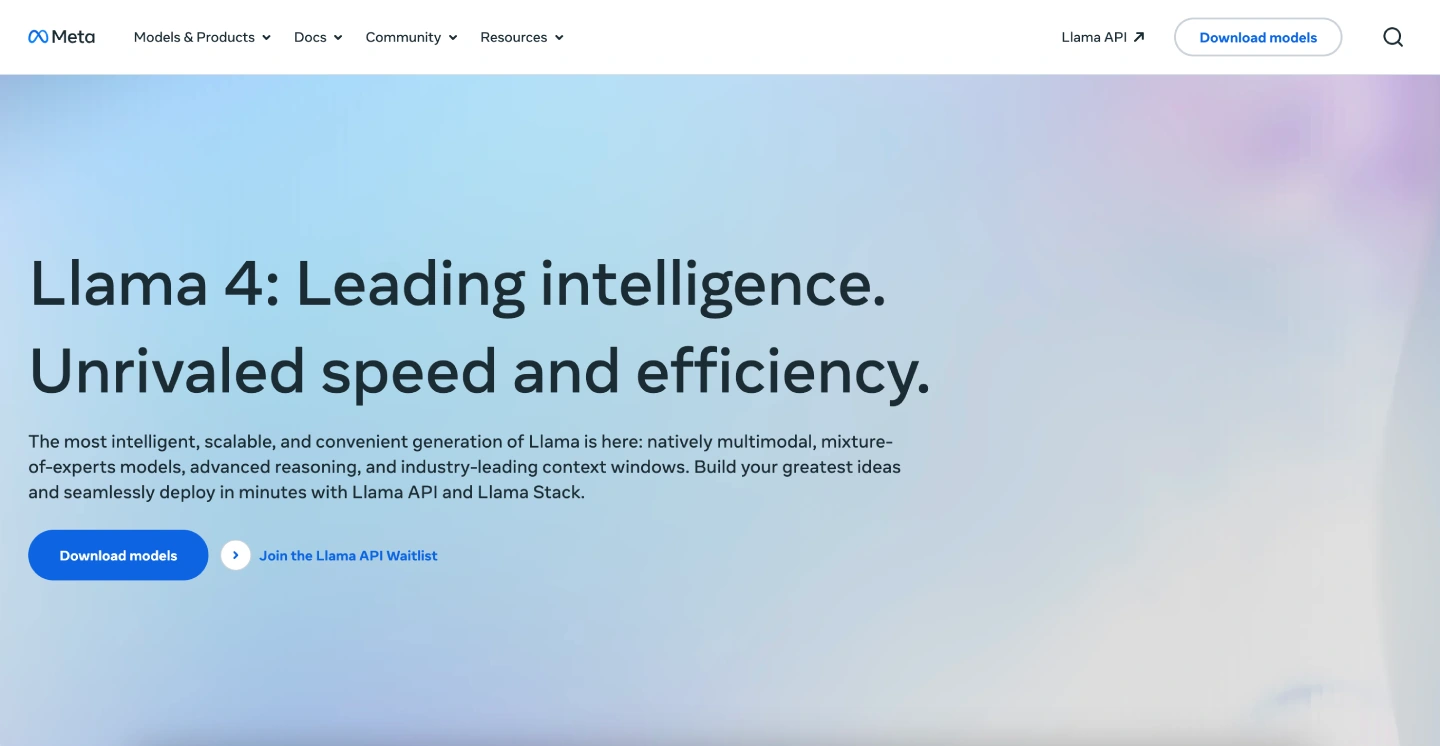
6. Mistral AI Codestral: The Speed Specialist
Mistral AI's Codestral has carved out a distinctive niche as the speed champion among coding LLMs, delivering rapid code generation without compromising quality. This best llm model particularly excels in scenarios requiring quick prototyping, real-time code completion, and fast iteration cycles.
Codestral's mixture-of-experts architecture enables efficient processing while maintaining strong performance across multiple programming languages. The model's streamlined design makes it ideal for developers who prioritize responsiveness and integration into fast-paced development workflows.
Codestral's performance advantages
- Exceptional inference speed with minimal latency for real-time code completion
- Efficient resource utilization requiring lower computational overhead
- Strong multi-language support across popular programming frameworks
- Optimized for code completion with excellent fill-in-the-middle capabilities
- Cost-effective deployment with competitive pricing for high-volume usage
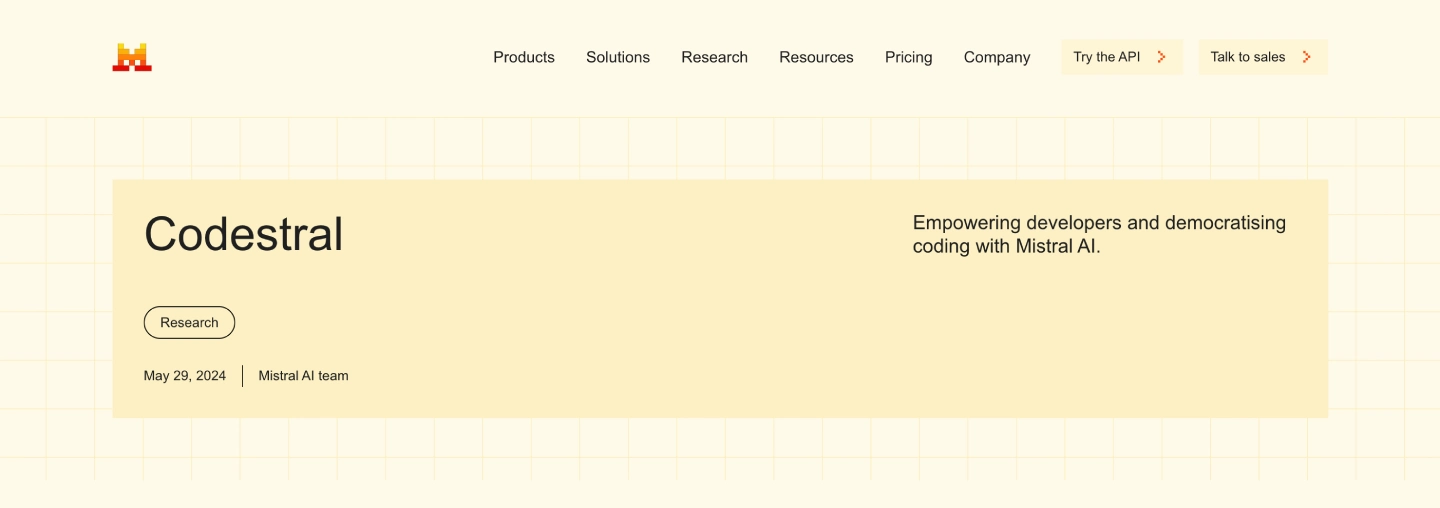
How to Choose the Best LLM for Coding
Selecting the optimal coding LLM depends on specific development requirements, team preferences, and project constraints. Most experienced developers adopt a multi-model approach, leveraging different strengths for various coding tasks rather than relying on a single solution.
Consider these factors when choosing your ideal coding assistant: project complexity requirements, budget constraints, data privacy needs, integration capabilities with existing tools, and long-term scalability plans. The best llm for coding varies significantly based on whether you prioritize speed, accuracy, cost-efficiency, or specialized capabilities.
Strategic considerations for LLM selection
- Performance requirements matching model capabilities to project complexity
- Cost considerations balancing subscription fees against productivity gains
- Integration needs ensuring compatibility with existing development workflows
- Security requirements evaluating data privacy and compliance needs
- Team preferences considering developer comfort and adoption rates
FAQs
Q1: Which LLM is the best coding assistant for developers?
A1: According to recent expert rankings, GitHub Copilot (powered by GPT‑4.5) remains the most widely adopted and trusted coding assistant in 2025, thanks to its seamless IDE integration, excellent code comprehension, and support for multi-step projects—even when dealing with large codebases and complex workflows.
Q2: Is Claude Opus 4 better than GPT‑4.5 for coding?
A2: Anthropic’s Claude Opus 4, introduced in early 2025, is widely considered among the most powerful coding models available. With its 200,000‑token context window, extended reasoning capabilities, and autonomy across long-running programming tasks, it has demonstrated superior real-world performance over GPT‑4.5 and Gemini 2.5 Pro on benchmarks like SWE‑bench Verified and multi-hour refactoring tasks.
Q3: What about Google’s Gemini 2.5 Pro for coding tasks?
A3: Gemini 2.5 Pro offers exceptional long-context accuracy and clean, maintainable code generation. Many developers praise it for simplicity and project memory awareness over time. While Claude Opus may edge it in task complexity, Gemini 2.5 Pro remains one of the top performers in production coding environments.
Q4: Are open-source models competitive coding assistants?
A4: Yes—open-source models like Code LLaMA 70 B and Devstral from Mistral AI are excellent options for those needing local deployment, custom fine‑tuning, or IP control. Code LLaMA delivers strong benchmark scores (e.g. HumanEval) with full open‑source licensing, while Devstral outperforms older models such as Google Gemma 3 in coding benchmarks like SWE‑bench Verified.
Q5: Which emerging coding assistant tools are gaining traction in 2025?
A5: Among newer platforms, tools like Cursor (with features like Bugbot), Qodo, Amazon Q Developer, and Replit’s vibe coding environment have surged in popularity. Cursor, specifically, is praised for boosting code quality, morale, and developer satisfaction rather than raw productivity—providing debugging, refactoring, and AI pair‑programming capabilities in tight integration with GitHub and IDEs.
Conclusion
The coding LLM landscape in 2025 offers unprecedented opportunities for developers to enhance productivity and code quality. Claude 3.7 Sonnet leads in real-world engineering tasks, while OpenAI's models provide versatile excellence across diverse challenges. Google Gemini 2.5 Pro excels with massive context handling, DeepSeek R1 delivers exceptional value, and Meta Llama 4 offers open-source flexibility.
The optimal approach involves experimenting with multiple models to discover which combination best serves your development workflow. As these technologies continue evolving rapidly, staying informed about new capabilities and performance improvements will help teams maintain competitive advantages in software development.
Success with coding LLMs requires understanding each model's unique strengths and matching them to appropriate use cases. Whether you prioritize cutting-edge performance, cost efficiency, or open-source control, the current generation of coding LLMs provides powerful tools to transform your development process and achieve remarkable productivity gains.
 Submit Your AI Tool For FREE!Showcase Your Innovation To Thousands Of AI Enthusiasts!
Submit Your AI Tool For FREE!Showcase Your Innovation To Thousands Of AI Enthusiasts! Submit Your AI Tool For FREE!Showcase Your Innovation To Thousands Of AI Enthusiasts!
Submit Your AI Tool For FREE!Showcase Your Innovation To Thousands Of AI Enthusiasts! Submit Your AI Tool For FREE!Showcase Your Innovation To Thousands Of AI Enthusiasts!
Submit Your AI Tool For FREE!Showcase Your Innovation To Thousands Of AI Enthusiasts! Submit Your AI Tool For FREE!Showcase Your Innovation To Thousands Of AI Enthusiasts!
Submit Your AI Tool For FREE!Showcase Your Innovation To Thousands Of AI Enthusiasts! Submit Your AI Tool For FREE!Showcase Your Innovation To Thousands Of AI Enthusiasts!
Submit Your AI Tool For FREE!Showcase Your Innovation To Thousands Of AI Enthusiasts!









No comments yet. Be the first to comment!